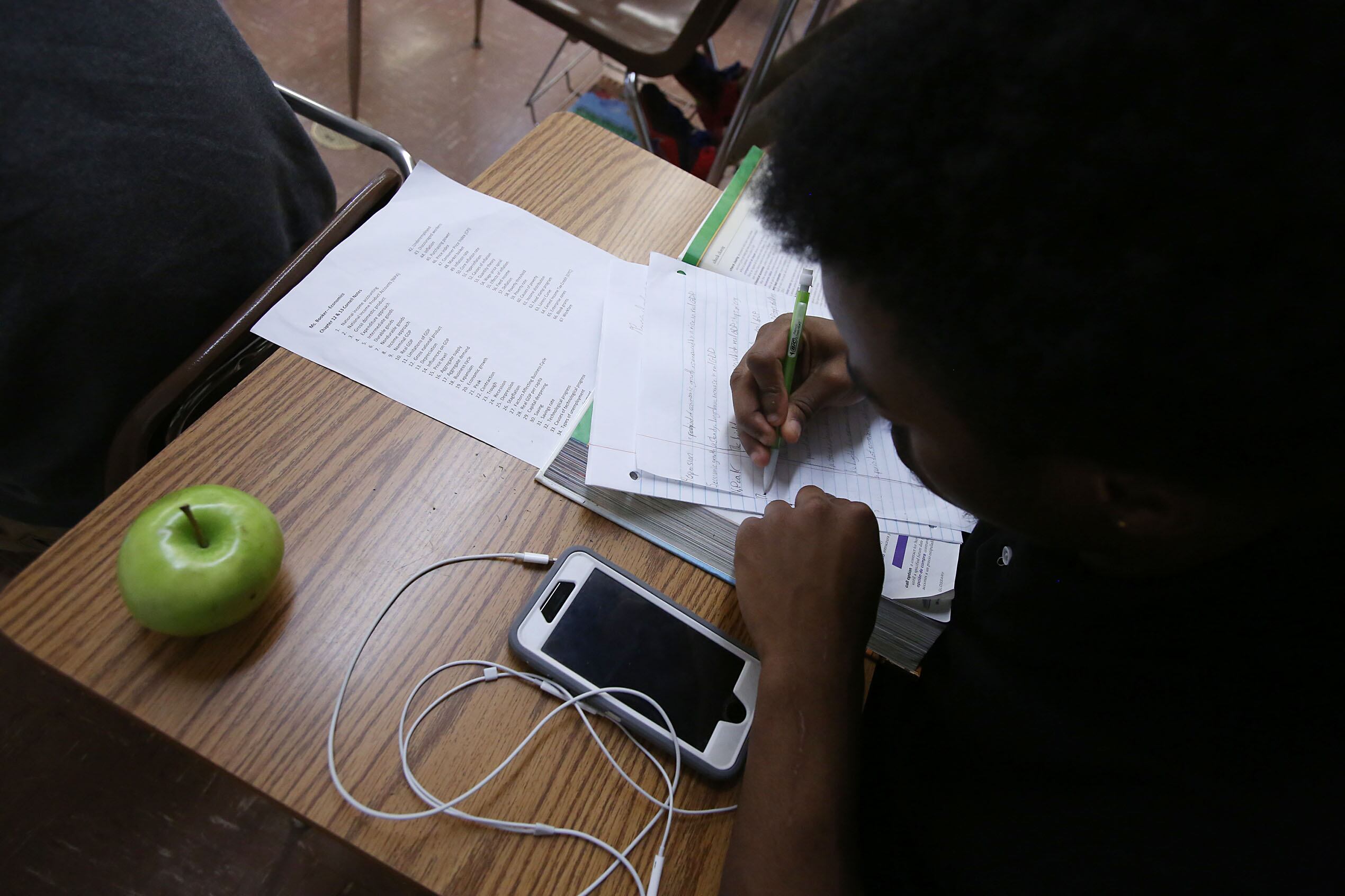Shelby County Schools Superintendent Joris Ray announced on Monday that all district schools will open virtually on August 31 and will remain so until further notice. The decision removes the in-person learning option that parents initially could have chosen.
“As hard as it was to close schools (last spring), sending students back to them is even more complicated,” he noted. “Unlike the NBA, we cannot keep each student in a bubble to mitigate the exposure to the virus once they exit the classroom,” he said, referring to the basketball league’s strict quarantine that requires the players to live, practice, and play all games in a closed environment.
The decision for the district’s 100,000 schoolchildren and 15,000 employees comes after more than 80% of families requested the virtual learning option, according to a release from the school district. Parents had to decide last week.
“Returning to school in-person while coronavirus cases increase in our community puts the safety of our students and staff at greater risk — a risk the district is not willing to take,” said the school board’s chairwoman Miska Clay Bibbs in a statement.
Ray promised when classes restart this fall, they won’t resemble how classes ended last spring. When the coronavirus forced campuses to shut down early, Shelby County Schools relied mainly on homework packets and recorded lessons broadcast on public television. This time, he said, every student will have a digital device, internet hotspot, and live interaction with teachers and peers daily.
Ray had said plans for opening schools during the pandemic were fluid and suggested earlier this month that in-person classes might not happen. In a recorded video address, Ray said that it is “tragic” that the health of students and reopening of schools had turned into “partisan noise.” He said he will continue to rely on scientific evidence in making decisions for Tennessee’s largest school district.
Ticking off a litany of coronavirus statistics, including some 18,000 cases and 250 deaths in Shelby County, Ray said that science suggests that by September that Memphis will experience a similar trajectory as New York, which was the epicenter of the nation’s coronavirus crisis in the spring.
“I concur with other superintendents across the country that the phrase ‘safe opening of schools’ is largely a myth,” he said. “Direction signs on floors, spacing desks, more hand sanitizer, and masks cannot make a school safe in a community that is experiencing a daily triple-digit increase of virus cases, hospital admissions and death.”
Even though people are eager to return to normal routines, Ray said there is too much uncertainty about the role children play in the spread of COVID-19 and that too much rests on the safety and lives of students and employees.
Last week, teachers were given the option to teach remotely or in classrooms after about 80 educators and supporters protested outside school district offices. A spokeswoman for the district said they didn’t know how many teachers wanted to teach remotely since they weren’t polled about their preferences.
Ray said teachers will have the option to teach remotely or return to classrooms to teach their lessons online. More information is expected later on how that will work.






